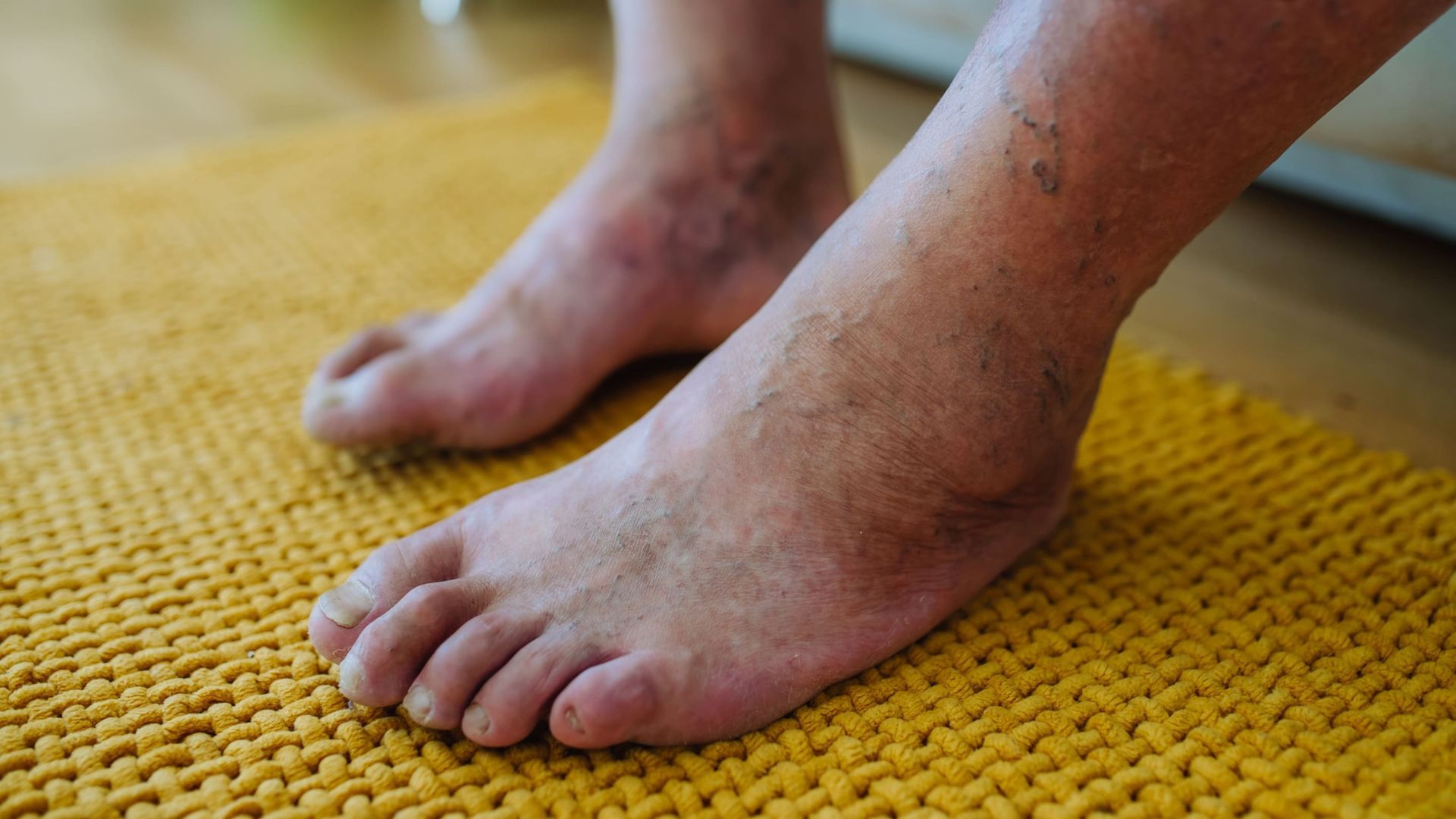It’s important to understand that lowering your A1C levels is a gradual (slow) process. Your A1C, unlike a blood glucose test, measures your average blood sugar over a period of 2 to 3 months. This means, it can take up to 3 months to notice significant changes in your A1C.
1. Diet
Diet is an important factor when it comes to your blood sugar. You probably know that carbohydrates (sugars) can raise your blood sugar levels. But your body also needs a certain amount of carbs to function properly.
A tip for meeting your body’s needs while keeping carb intake under control is to eat more protein, non-starchy vegetables, and low-sugar fruits. This includes:
- Nuts
- Legumes, like beans and lentils
- Poultry, like meat and eggs
- Vegetables, like leafy greens, bell peppers, and squash
- Berries
- Cheese
2. Exercise
Exercise can help to lower A1C levels by jumpstarting your body’s natural insulin activity. As a general rule, doing physical activity if you have diabetes is important.
Recommendations include at least 150 minutes of moderate physical activity per week. This can be broken down into 20 to 25 minute segments of activity every day. Examples include:
- Brisk walking.
- Cycling.
- Swimming.
- Housework.
- Dancing.












